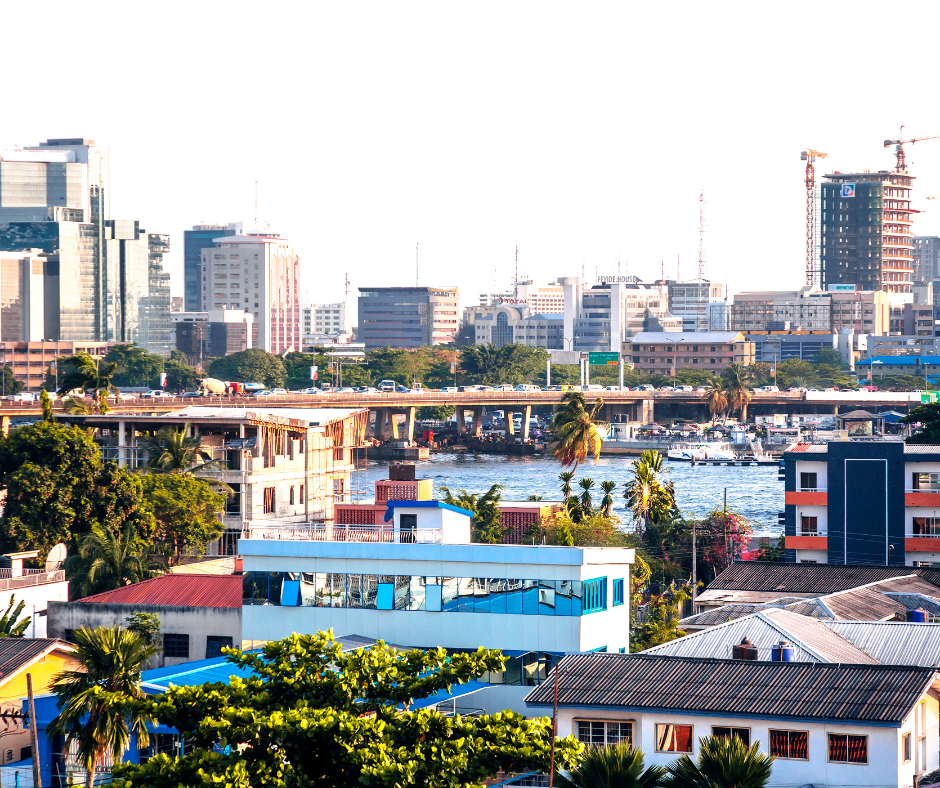Powering Tourism with Purpose: The Rise of Ethical Travel in Nigeria
- Oritour By TUVA
- Jun 14, 2025
- 2 min read

In an era where travelers crave meaningful experiences, ethical travel has become more than a buzzword — it’s a movement reshaping Nigeria’s tourism landscape. Ethical travel focuses on respecting local cultures, empowering communities, protecting the environment, and ensuring tourism benefits everyone involved. Nigeria, with its rich cultural heritage and diverse ecosystems, is embracing this responsible approach to tourism, creating experiences that uplift locals and educate visitors. Let’s explore how ethical travel is powering a new, purposeful tourism in Nigeria.
1. Respecting and Celebrating Local Cultures
Ethical travel in Nigeria puts local communities front and center. Tourists are encouraged to engage authentically — attending festivals like the Osun-Osogbo Sacred Grove festival or the Argungu Fishing Festival — while supporting local artisans and traditions. This respect fosters cultural preservation and offers visitors deeper connections beyond the usual sightseeing.
2. Community-Based Tourism: Sharing Benefits Locally
Community-based tourism (CBT) initiatives are flourishing across Nigeria, especially in rural areas where tourism can directly boost livelihoods. Places like the Sukur Cultural Landscape and Mambilla Plateau invite visitors to experience indigenous lifestyles while ensuring revenues stay within the community, funding education, healthcare, and conservation efforts.
3. Environmental Stewardship Through Ethical Choices
Ethical tourists in Nigeria actively minimize their ecological footprints — choosing eco-lodges powered by solar energy, participating in reforestation projects, and avoiding activities that harm wildlife or habitats. This awareness helps protect fragile ecosystems like the Niger Delta wetlands and Cross River rainforest.
4. Fair Trade and Supporting Local Economies
From handcrafted souvenirs to farm-to-table dining, ethical travel encourages spending that directly benefits local entrepreneurs and farmers. Markets in Lagos and Kano are vibrant hubs for authentic goods, ensuring that tourism dollars circulate within Nigeria’s economy and support sustainable growth.
5. The Role of NGOs and Government in Promoting Ethical Tourism
Non-governmental organizations like the Nigerian Conservation Foundation (NCF) and government agencies are actively promoting ethical travel standards, providing training to local guides, setting environmental regulations, and marketing Nigeria as a responsible destination on the global stage.
Conclusion:
Ethical travel is more than a trend — it’s Nigeria’s pathway to sustainable, inclusive tourism that honors people, place, and planet. By choosing to travel ethically, visitors contribute to preserving Nigeria’s unique cultural fabric and natural beauty for generations to come. In Nigeria’s evolving tourism story, purpose-driven travel is the heartbeat guiding a brighter, fairer future.






Comments